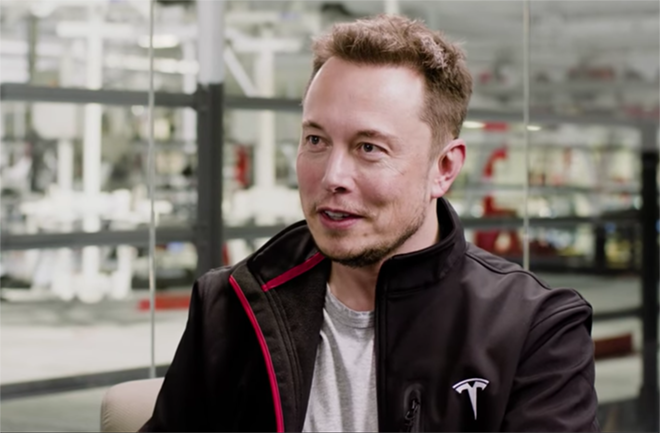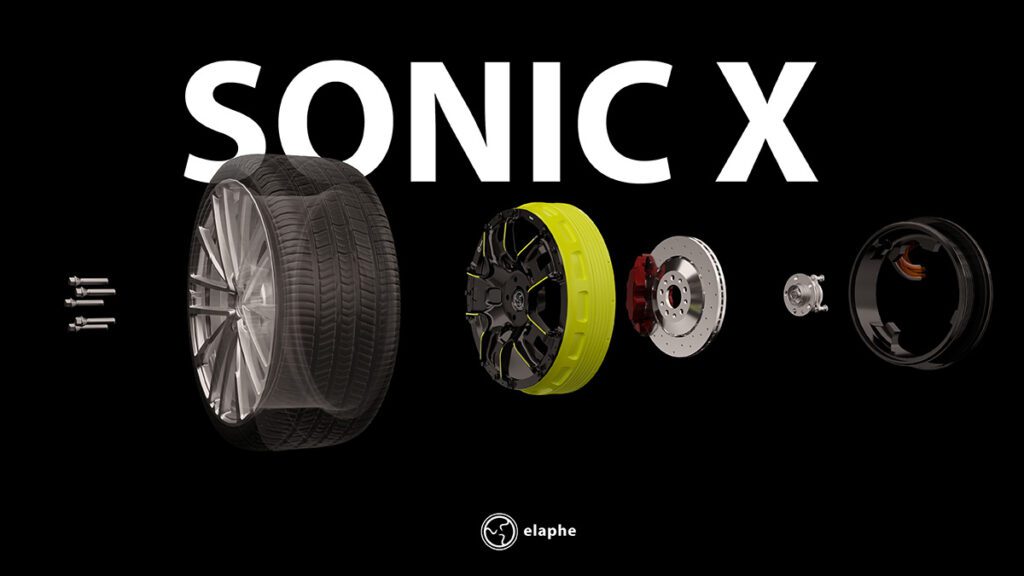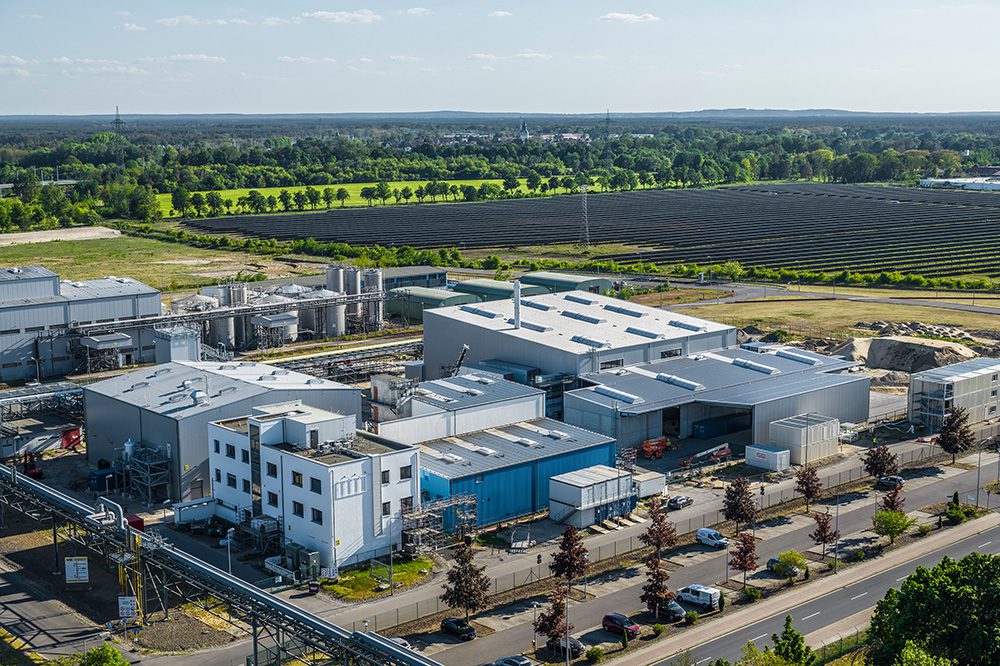As a plethora of pundits pontificate about Tesla and the hypothetical competition for its upcoming Model 3, many fall into error because they don’t understand the dynamic between Tesla, which exists to sell EVs, and the legacy automakers, which grudgingly sell a few in order to comply with government regulations.
Elon Musk is happy to explain the issue, as a stock analyst found out on the recent Q1 earnings conference call. First, Musk debunks the notion that Tesla is dependent on subsidies: “Over the years there’s been all these sort of irritating articles like Tesla survives because of government subsidies and tax credits. It drives me crazy. Here’s what those fools don’t realize…Tesla has succeeded in spite of the incentives, not because of them.”
Speaking of the California Air Resources Board’s Zero Emission Vehicle program, Musk said, “[Because] the rules are relatively weak, there are some quarters where we can’t even sell CARB credits. And when we can, it’s maybe 50 cents on a dollar or something like that, whereas the other car companies get to fully absorb the value of the CARB credit. So [that] gives GM roughly, from my count, a $7,000 to $10,000 advantage over Tesla for their Chevy Bolt…They get the full retail value of the CARB credit, whereas we get the wholesale value when we’re lucky.”
Many Tesla skeptics expect Model 3 to face stiff competition from the Chevy Bolt. However, those with more knowledge of the EV market understand that (unless there is a major change of strategy in Detroit) GM will probably produce the Bolt in limited numbers.
“The CARB credits are only effective at a production rate of about 20,000 to 30,000 vehicles a year,” explains Musk. “So that’s why you’ll see – mark my words – it’s not going to be any higher than that for the Chevy Bolt. That’s on order of 25,000 units a year, or 10% of our initial production rate for the Model 3, or 5% of what Model 3 will be next year.”
Musk is not the only one who has thrown out that 25,000-per-year prediction. A couple of years ago, when the Bolt was still in the planning stages, InsideEVs reported that “supplier sources who need significant lead time to prepare for production say they are being told that General Motors expects to sell 25,000-30,000 Bolts per year once production is underway.”
Source: InsideEVs



















































































